Therefore, what you are describing is not a part of virtue, but virtue as a whole.
c. 380 BC
When you're tired of listening to living idiots.
Therefore, what you are describing is not a part of virtue, but virtue as a whole.
c. 380 BC
This skill of promptly distracting others' attention and taking away their leisure to reflect on a fault is not the mark of a mediocre mind.
1636
The dialectician has far more occasion to overthrow propositions than to establish them.
End of the 4th century BC
The empire that Man has over this small World, I mean over his own Understanding, is the same as that which he exercises in this great World of visible Beings.
1689


8th century BCE
...the very working classes that the bourgeoisie tended to keep in the background were pushed to the forefront; they fought and [...] suddenly became conscious of their own strength.
1851-1852
Good alone is an end. Everything belonging to the realm of facts is of the order of means. But collective thought is incapable of rising above the realm of facts.
1957
Others do not so much impress upon things the image of their mind as that of their passions, never losing sight of the interest of their party.
1623
A Christian who, as he should, strives for perfection, is the most useless member to his country, his family, and all those around him.
1766

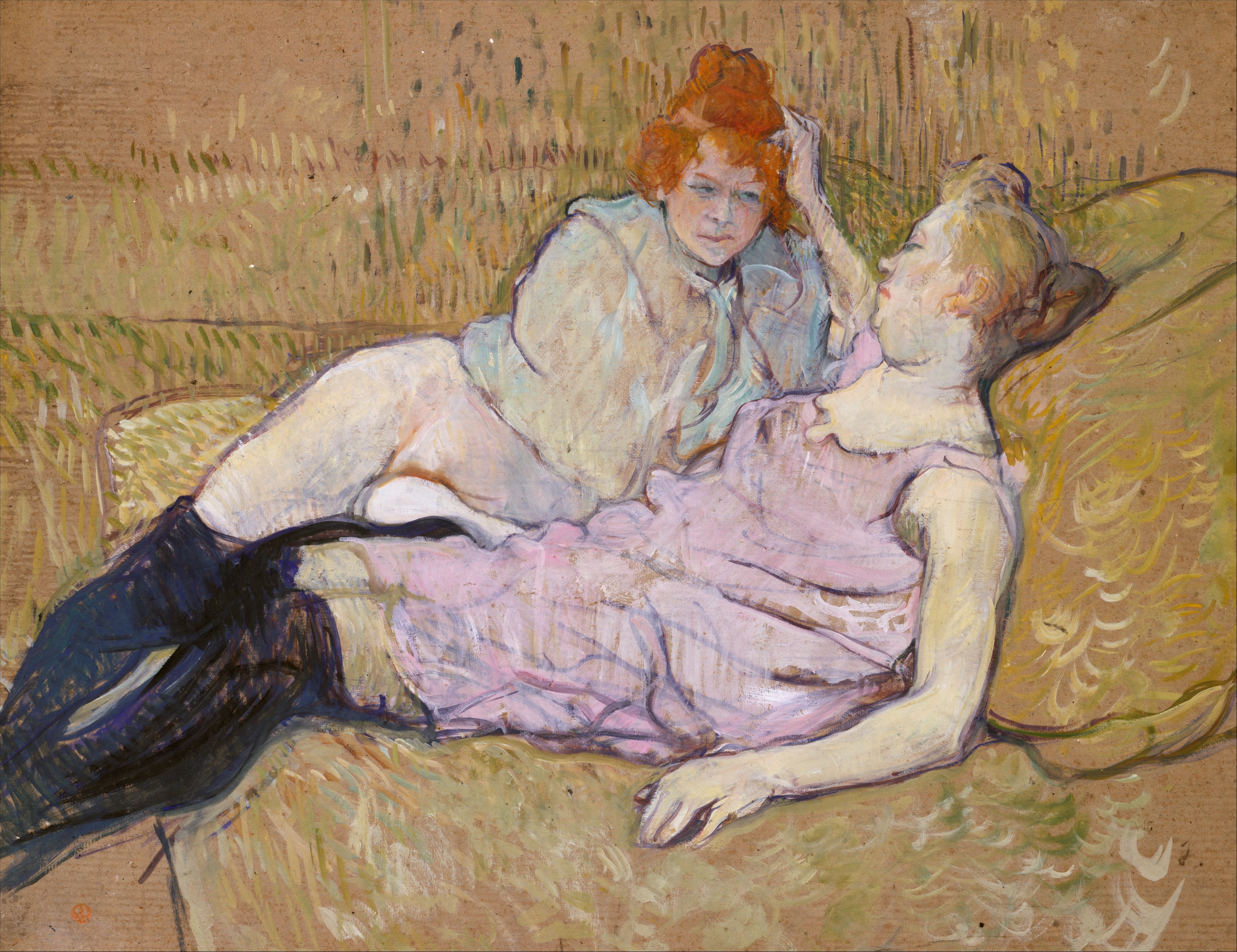
ca. 1894–96
Theology must not be subject to reason, nor reason to theology, but [...] each is sovereign in its own domain.
1670
If, when the people, being sufficiently informed, deliberate, the citizens had no communication among themselves, [...] the deliberation would always be good.
1762
Each time one sees in an idea an element one had not yet seen in it, it becomes a new idea.
1805
Strong imaginations are extremely contagious; they dominate the weak ones; they gradually give them their same turns of thought and imprint their same characters upon them.
1674-1675


late 1780s
The people, regarding false opinions and corruption, are much less subject to error than princes.
1513-1519
One considers oneself poor and miserably housed if the walls of our baths do not gleam with ornaments whose size equals their richness [...].
63-64 AD
The more necessary vice is, the more it is vice; nothing in the world is more vicious than that which, by its nature, is incapable of being good.
1746
For such men to bend their principles, violent suspicions must undoubtedly have suddenly seized their minds.
66 BC

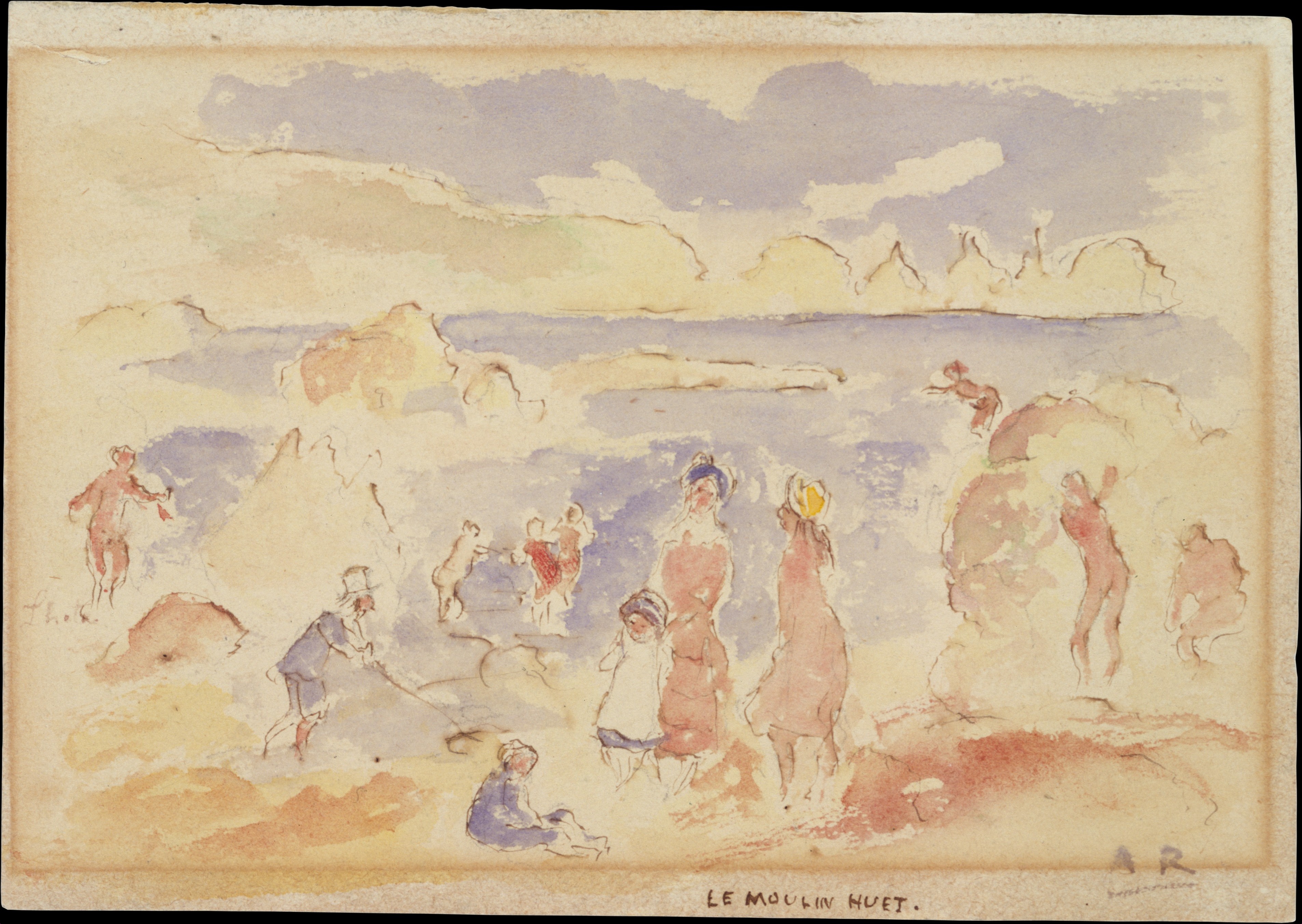
1883
If there were such machines which had the likeness of our bodies [...] we would still have two very certain means of recognizing that they were not [...] true men.
1637
Far from there being a universally valid education for all humankind, there is [...] no society where different pedagogical systems do not coexist and function in parallel.
1922
If, then, by this word void, we mean a privation of all body, [...] this presupposition that a space is void destroys and contradicts itself.
1653-1662
Wherever there is power, there is age. Do not be deceived by dimples and curls.
1870


1490
To be happy, desire must be neither too strong nor too weak.
1742
The dream, on the contrary, is like something entirely foreign, like something which, like the external world, imposes itself upon us without our participation, and even against our will.
1836
The moments in which we thus grasp ourselves are rare, and that is why we are rarely free.
1889
The mystery of the resurrection [...].
1841

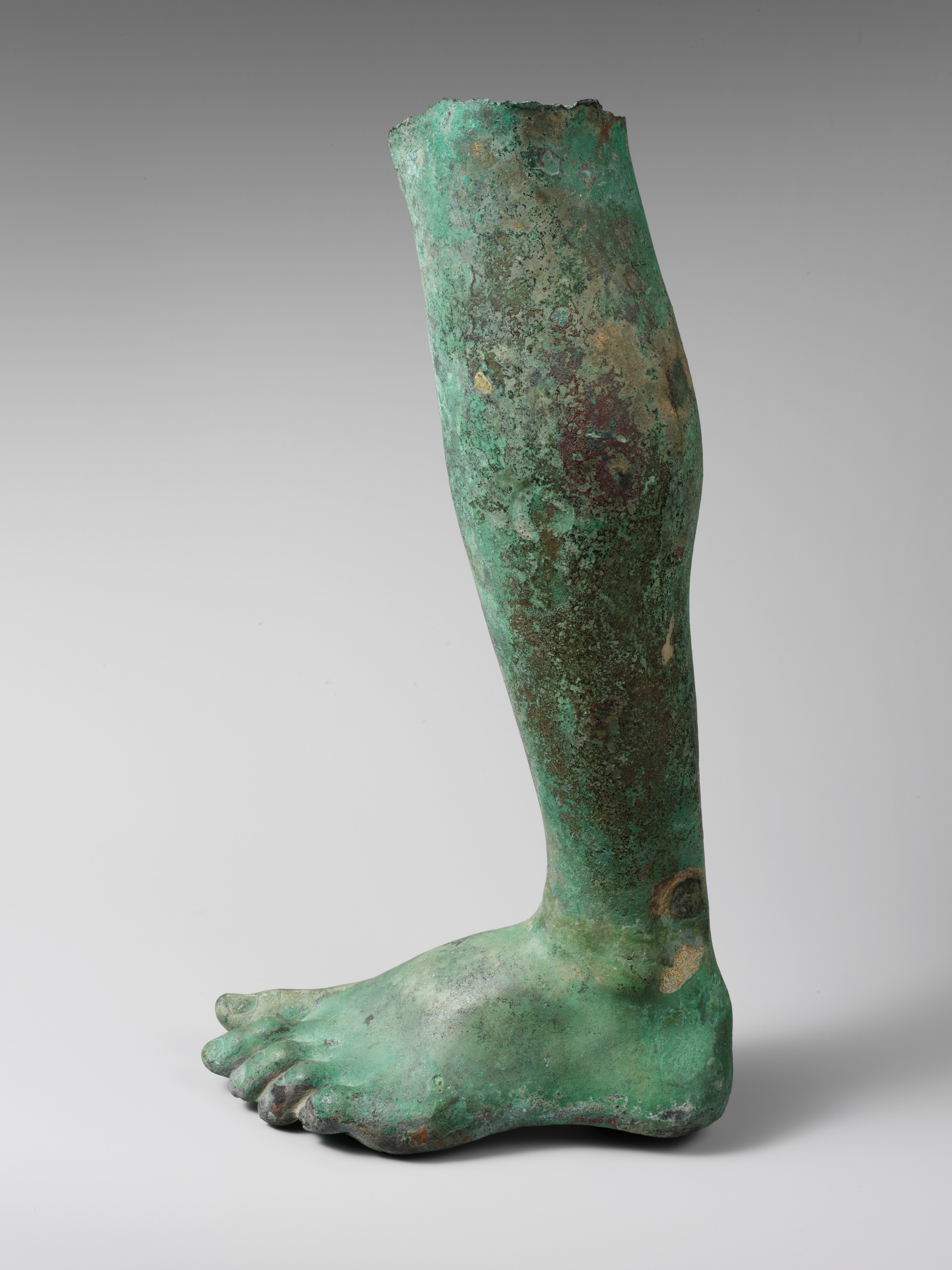
1st or 2nd century CE
They produce, but do not hoard; they give, without demanding anything in return. Among them, there is neither etiquette nor ceremony.
4th century BC
The other, who sought no trouble, had to take up arms for his own safety against those who would not let him live in peace.
100-120 AD
Property owners [...] gather around markets, where they are better able to provide for all their needs. This gathering attracts [...] artisans and merchants [...], and a city is formed.
1776
Would God not be able to see everything, to be present everywhere, to be in communication with everything!
c. 108 AD

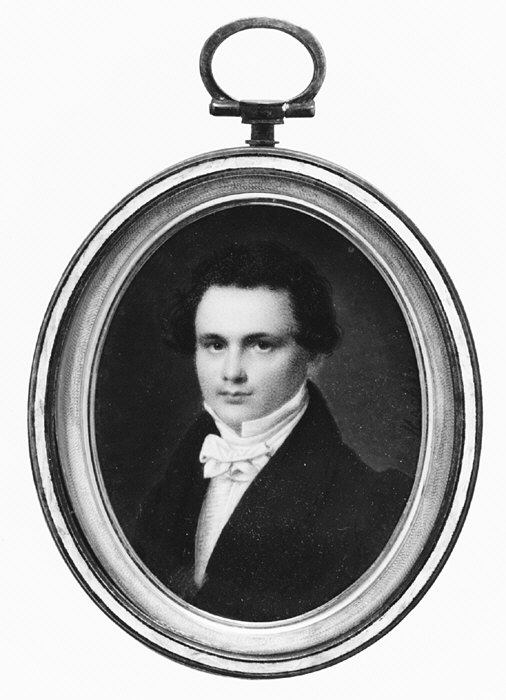
1827
So true it is that the word unnatural means uncustomary, and nothing else, and that everything which is habitual appears natural.
1869
All that is great has the right to please the eyes and the imagination of men.
1758
The more subtle his mind is, the more false it is, and he then forms other false minds like his own.
1764
That which can only be truly honored insofar as the respect for it is free, is forced to accommodate itself to forms [...] that can only be authorized by means of coercive laws.
1793

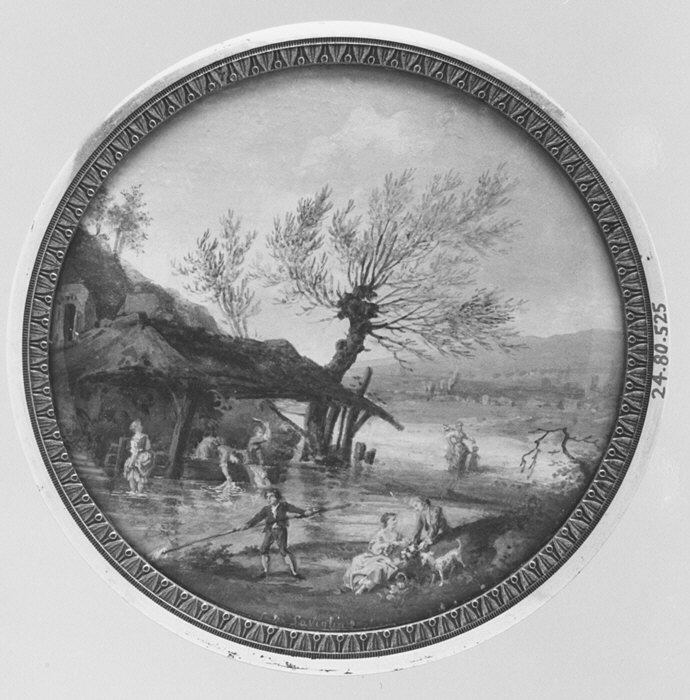
ca. 1766–72
The populace draws the false conclusion that one must obey superiors only in things good in themselves, and then attributes to itself the judgment of what is good or bad, and finally [...] has no other law than its own conscience.
c. 1552-1553
One needs very strong ears to hear oneself frankly judged.
1580
The property of 'where' (ubi) is to be in every terminated body [...], because place is not due to the indivisible as such.
c. 1270
The penalty follows the fault, and it is not unjust that the soul which has contracted such or such a nature should suffer the consequences of its disposition.
c. 253-270 AD


Probably 1387
In a democratic nation, only the state inspires confidence in individuals, because it alone seems to them to have some strength and permanence.
1835-1840
This machine of God is even so imperfect [...] that He is obliged to mend it, like a watchmaker his work.
1715-1716
An ordinary woman would believe herself freed [...] if she did not conceive that it is from this very moment that her enslavement begins.
1765-1769
A philosopher: [...] who often runs away from himself, is often afraid of himself… but is too curious not to 'always come back to himself'.
1886


ca. 2500–2000 BCE